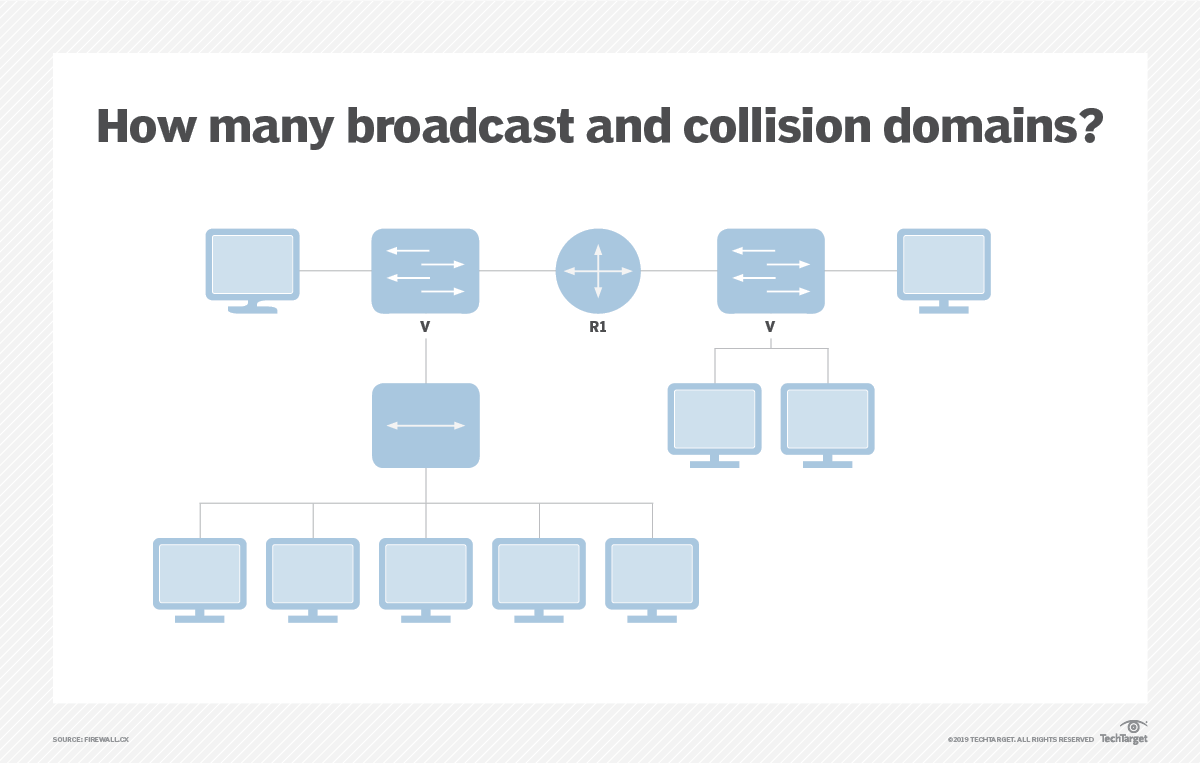Electrical engineering is a dynamic and rapidly evolving field that plays a pivotal role in shaping the modern world. From power generation and distribution to telecommunications, automation, and renewable energy technologies, electrical engineers drive innovation and advancements that impact nearly every aspect of society. For freshers entering the field of electrical engineering, understanding current trends and emerging technologies is essential for staying competitive and contributing to meaningful projects and initiatives. In this comprehensive blog, we will explore the current trends in electrical engineering in Punjab and discuss what freshers need to know to excel in this dynamic field.
Renewable Energy Technologies:
In recent years, there has been a significant shift towards renewable energy sources such as solar, wind, and hydroelectric power. As concerns about climate change and environmental sustainability continue to grow, the demand for renewable energy technologies has surged, driving innovation and investment in the field of electrical engineering.
Freshers entering the field of electrical engineering should be familiar with the latest trends and developments in renewable energy technologies, including advances in solar panel efficiency, wind turbine design, energy storage solutions, and smart grid systems. Understanding the principles of renewable energy generation, transmission, and integration into existing power grids is crucial for addressing global energy challenges and transitioning towards a more sustainable energy future.
Smart Grids and Energy Management Systems:
The concept of smart grids, which leverage digital communication and automation technologies to optimize the generation, distribution, and consumption of electricity, has gained traction in recent years. Smart grids enable real-time monitoring, control, and optimization of power flows, enhancing grid reliability, efficiency, and resilience.
Freshers in electrical engineering should be familiar with the principles of smart grid technology, including advanced metering infrastructure (AMI), distributed energy resources (DERs), demand response programs, and grid automation systems. Knowledge of energy management systems (EMS) and grid integration software is also valuable for optimizing energy use, reducing costs, and mitigating environmental impacts in both residential and industrial settings.
Internet of Things (IoT) and Industrial Automation:
The Internet of Things (IoT) is revolutionizing various industries, including manufacturing, transportation, healthcare, and agriculture, by connecting devices, sensors, and systems to the Internet and enabling data-driven decision-making and automation.
In the field of electrical engineering, freshers should be aware of the growing integration of IoT technologies in industrial automation, process control, and smart manufacturing systems. Understanding concepts such as sensor networks, wireless communication protocols, cloud computing, and machine learning algorithms is essential for designing and implementing IoT-enabled solutions that improve efficiency, productivity, and safety in industrial environments.
Electric Vehicles and Sustainable Transportation:
The electrification of transportation is another prominent trend in electrical engineering, driven by concerns about air pollution, fossil fuel dependency, and urban congestion. Electric vehicles (EVs) offer a cleaner and more sustainable alternative to traditional internal combustion engine vehicles, prompting investments in EV infrastructure, battery technology, and charging networks worldwide.
Freshers entering the field of electrical engineering should be familiar with the design, operation, and maintenance of electric vehicles, as well as the underlying technologies such as lithium-ion batteries, electric drivetrains, regenerative braking systems, and charging infrastructure. Knowledge of electric vehicle standards, regulations, and safety protocols is also essential for ensuring the widespread adoption and integration of EVs into transportation networks.
Artificial Intelligence and Machine Learning:
Artificial intelligence (AI) and machine learning (ML) are revolutionizing various aspects of electrical engineering, including power system optimization, predictive maintenance, fault diagnosis, and energy management. AI and ML algorithms enable engineers to analyze large datasets, identify patterns, and make data-driven decisions in real time, leading to improved performance, reliability, and efficiency in electrical systems and devices.
Freshers in electrical engineering should acquire basic proficiency in AI and ML techniques, including data preprocessing, feature engineering, model training, and evaluation. Understanding the applications of AI and ML in areas such as predictive maintenance, anomaly detection, load forecasting, and energy optimization will be increasingly valuable as these technologies become more prevalent in the industry.
Electromobility and Battery Technology:
Another key trend in electrical engineering is the advancement of electromobility and battery technology. With the increasing demand for electric vehicles (EVs) and the need for more efficient energy storage solutions, there is a growing emphasis on research and development in battery technology.
Freshers entering the field of electrical engineering should familiarize themselves with the latest advancements in battery chemistry, materials science, and manufacturing processes. Understanding the characteristics of different battery chemistries, such as lithium-ion, solid-state, and next-generation batteries, is essential for optimizing energy density, cycle life, and safety in EVs and portable electronic devices.
Moreover, knowledge of battery management systems (BMS), charging protocols, thermal management techniques, and recycling processes is critical for ensuring the reliability, performance, and sustainability of battery-powered systems. As the demand for electric vehicles and energy storage solutions continues to rise, expertise in battery technology will become increasingly valuable for electrical engineers seeking to make a positive impact on the transportation and energy industries.
Cybersecurity and Data Privacy:
As electrical systems become more interconnected and digitized, the importance of cybersecurity and data privacy in electrical engineering cannot be overstated. Cyberattacks targeting critical infrastructure, smart grids, IoT devices, and industrial control systems pose significant risks to public safety, economic stability, and national security.
Freshers in electrical engineering should be aware of the cybersecurity threats and vulnerabilities associated with networked systems, embedded devices, and cloud-based services. Understanding cybersecurity principles, encryption techniques, access control mechanisms, and threat detection strategies is essential for designing secure and resilient electrical systems that protect sensitive data and mitigate cybersecurity risks.
Furthermore, knowledge of regulatory requirements, industry standards, and best practices for cybersecurity and data privacy compliance is essential for ensuring legal and ethical conduct in electrical engineering projects and operations. By prioritizing cybersecurity and data privacy considerations from the design phase to deployment and maintenance, electrical engineers can safeguard critical infrastructure, protect user privacy, and uphold the integrity of electrical systems in an increasingly interconnected world.
Conclusion:
As freshers embark on their careers in electrical engineering, staying abreast of current trends and emerging technologies is essential for remaining competitive and relevant in the field. From renewable energy technologies and smart grids to IoT-enabled automation and AI-driven optimization, the electrical engineering landscape is undergoing rapid transformation, presenting both challenges and opportunities for aspiring engineers.
By staying informed about the latest developments, acquiring relevant skills and knowledge, and embracing a mindset of lifelong learning and innovation, freshers can position themselves for success in the dynamic and evolving field of electrical engineering. By leveraging their expertise and creativity, they can contribute to solving some of the world’s most pressing challenges and shaping a more sustainable and technologically advanced future for generations to come.
Looking for a college for electrical engineering in Amritsar? Contact us today to learn more about the Electrical Engineering diploma course in Amritsar. We are one of the best colleges for a diploma in electrical engineering in Punjab.






